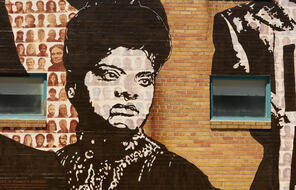Breadcrumb
- Video Witnessing Antisemitic Violence
- Video Changes at School under the Nazis
- Video From Democracy to Dictatorship
- Video Preparing for the Kindertransport
- Video Friendship and Betrayal
- Video Marched to the Ghetto
- Video Life or Death in the Netherlands
- Video Joining the Resistance
- Video Finding Safety in Italy
- Video Resistances in Auschwitz
- Video Turned Away on the M.S. St. Louis
- Video Witness to a Massacre
- Video Eyewitness to Buchenwald
- Video Antisemitism after Liberation
- Video Reconciling Identities after the War
- Video Caring for Survivors
- Video 1 The Red Army Enters Majdanek
Warning the World
At a Glance
Language
English — USSubject
- History
- The Holocaust
- Resistance
Warning the World
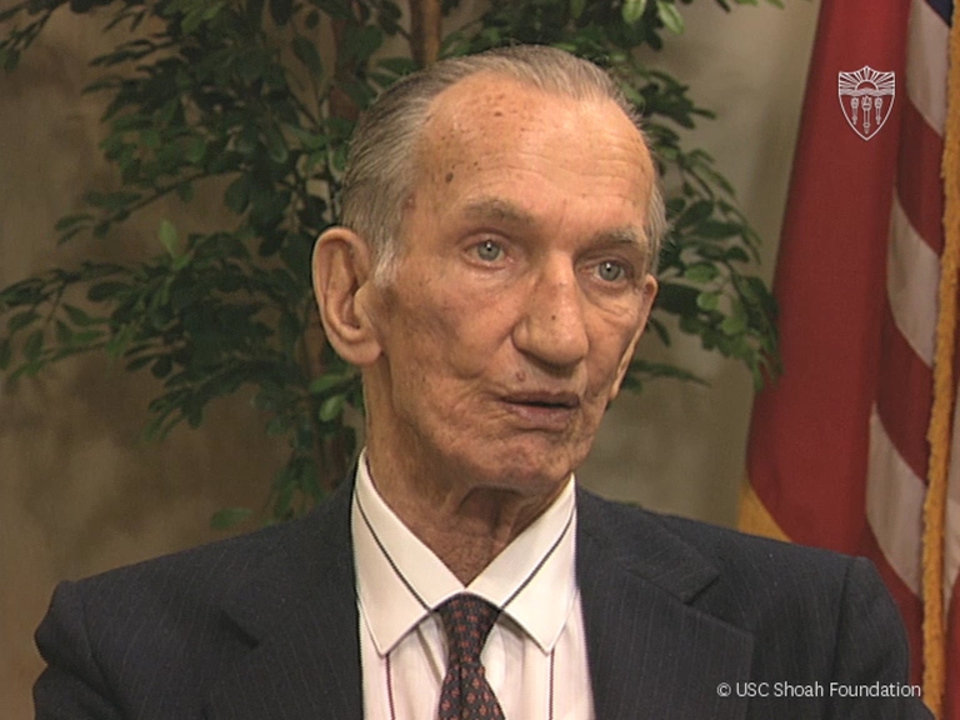
To enter the ghetto was not so difficult. Well, I saw terrible things. Starvation, humiliation, naked bodies only the middle covered by some newspaper. When I asked my guide, what does it mean, he said, the Germans want us to pay for value. There is no money. Now, [INAUDIBLE] vestment is needed. So the naked body only covered the middle. I saw horrible, horrible things. Women feeding babies, but they had no breast. Horrible. I saw too much.
Who was your guide? Who was your guide?
The first time, a leader of a socialist Underground. His name was Leon Feiner. Now, he accompanied me to give me courage that I wouldn't afraid. He was telling me, don't be afraid. It is not so dangerous. I will be your guide. Now, again, I couldn't stand it very much. I never saw in my life this kind of people, this kind of environment. It was not my world. They were not humans. So we left the ghetto. But when we came on the street, I told him, I want to come back. And I did come back two or three days later.
Very often I am embarrassed, because they exaggerate my role. They make out of me an important man during the war. I was a nobody. I was a tape recorder. I was a mailing box. In what way-- what was my leverage? Talking to [INAUDIBLE] or I approach four members of the British War Cabinet. This was the center of power. Lord Cranborne, Conservative Party. Arthur Greenwood, the Labour Party. Hugh Dalton, Labour Party. In the United States, Roosevelt, Cordell Hull, Francis Biddle, Sir Henry Stimson, Secretary of War.
With these kind of people, I had no leverage, you understand? I was waiting for questions. And if a question was asked, I would answer if I knew the answer. But I couldn't ask questions. People ask me, So, you talk to Roosevelt. What did Roosevelt do? What was his reaction? [INAUDIBLE]
At that time, he was informed that I was going back to Poland, by the Polish ambassador who by diplomatic protocol introduced me to the president. So he knew [INAUDIBLE]. When he gave me his hand, this is the end.. So I was sort of an inspired. And I wanted to pin him down a little.
So I told him, Mr. President, I am going to Poland. Every leader will know that I spoke to President Roosevelt. Sir, everybody will ask me, what did the president tell you? Mr. President, what do I answer? And I remember. You will tell your leaders that we shall win this war.
He continuously smoked a long cigarette, a long cigarette holder. We'll win this war. The guilty ones will be punished for their crimes. Justice, freedom shall prevail. You will tell your nation that they have a friend in this house. This is what you will tell them. He gave me his hand. I couldn't tell him, Mr. President, that's all?
Warning the World
You might also be interested in…
Telling Our Histories
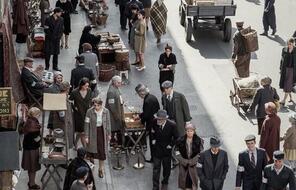
Watching Who Will Write Our History
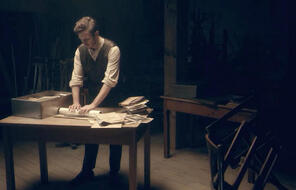
Teaching Who Will Write Our History

Explore the Partisans
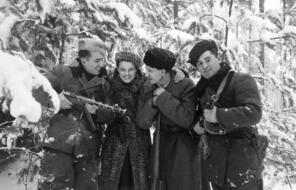
Resistance during the Holocaust: An Exploration of the Jewish Partisans

Contextualizing a Found Poem
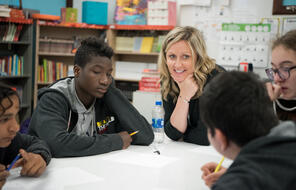
The Holocaust and Jewish Communities in Wartime North Africa
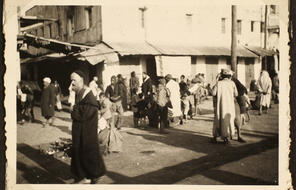
10 Questions for the Past: The 1963 Chicago Public Schools Boycott
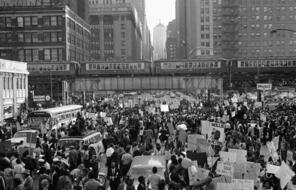
Indigenous Rights and Controversy over Hawaii’s Maunakea Telescope
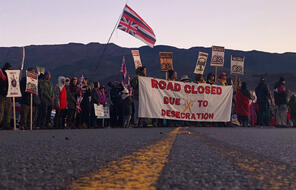
Black Women’s Activism and the Long History Behind #MeToo
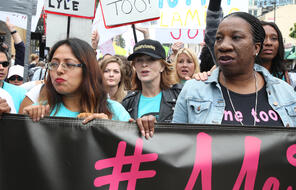
Confronting History, Transforming Monuments
The Anti-lynching Activism of Ida B. Wells
